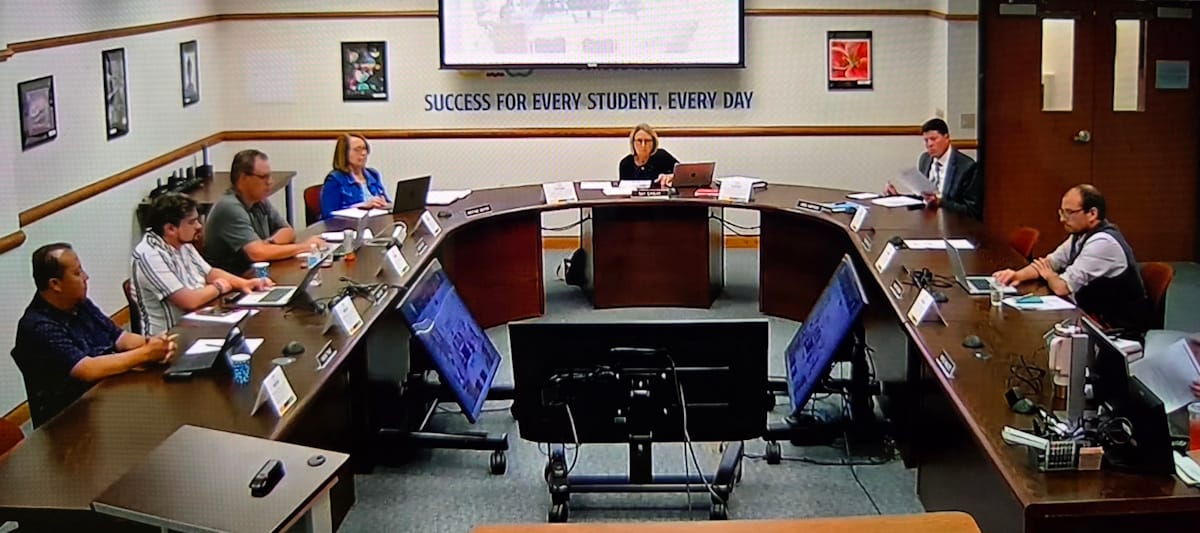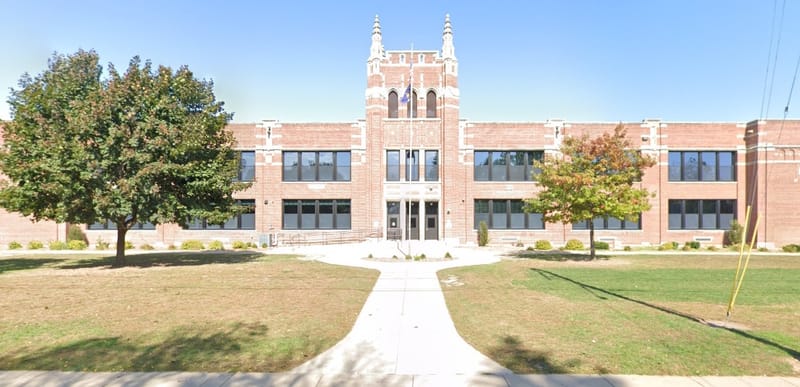Uncertainty remains in trying to assess 2025-26 AASD budget
It appears the state budget might help shrink some of the district deficit but too many variables remain to be sure

Appleton Area School District Superintendent Greg Hartjes assessed the Wisconsin 2025-27 Biennial budget and its impact on public education as “good, but not good enough to be called great” at the Board of Education meeting on July 14.
The new state budget offers a welcome increase in the special education reimbursement rate to 42 percent, providing approximately $4 million in additional state revenue for the district. The state budget also allows for an additional $325/student for a total of roughly $4.7 million. However, despite having a surplus of more than $4 million, the legislature provided no increase in general aid, meaning that the additional $325 would need to be funded through local property taxes.
Several variables, including grant revenues, insurance costs, inflationary increases, and federal funding, leave the final results for the district unclear. Another is the 42 percent special education reimbursement rate, which is ‘sum certain,’ meaning that it is limited to a set dollar amount. Thus, that 42 percent is merely an estimate. Historically, the actual reimbursement comes in two to three percent lower than the estimate.
Assuming a status quo operating budget, the AASD anticipates that in the 2025-26 school year, the new revenue of $9.8 million will exceed the anticipated new expenses of $7.9 million. That would enable the district to slightly reduce the current $13 million structural deficit, which has accumulated over the past several years. But because of those variables, the deficit could also grow to as high as $15 million, according to Holly Burr, Executive Director of Finance.
“Many districts are in the same boat we are,” said Hartjes, referring to the structural deficit. “It's the hole that every district is digging out of. But this year's revenue increase of $9.8 million helps a little bit. It at least helps us from going in the other direction, which is further into the deficit.”

Structural deficits result from several policy decisions. Revenue limits were enacted in 1993, resulting in a significant disparity in spending per student across the state. The Appleton District is a low-revenue district. In the early 2000s, school funding was decoupled from inflation, resulting in schools drifting further behind costs every year. Making matters worse the 2021-23 biennial budget provided zero increase in funding for public schools.
“The district is making efficiency cuts,” said board member Oliver Zornow. “We have been doing that for 20 years and we did that this year, even at pretty significant levels. Are we going to be able to cut an additional $13 million out of our budget and not have any negative impacts? I certainly don't believe that that's possible or realistic.”
Additionally, Appleton Schools may face a loss of $1.8 million in federal funding. Wisconsin Attorney General Josh Kaul has joined 23 states and the District of Columbia in suing the Trump administration for withholding $6.8 billion in previously allocated funding. The district has already set aside $1.8 million for before- and after-school programming, English Learners, and staff training for the upcoming school year.
“Depriving our schools of critical resources is bad for our schools, bad for students, and bad for Wisconsin,” Attorney General Josh Kaul said in a statement. “This unlawful funding freeze should be stopped.”
The AASD School Board will be discussing budget priorities in the upcoming months to make important budget decisions by October. Board members Kris Sauter and Nick Ross encouraged community input, especially if a possible referendum question will be presented in the spring election.
When discussing the tight timeline, Hartjes said, “We are in uncharted waters. We have never gone to an operational referendum just to manage our budget.”
In November 2022, voters approved a $129.8 billion capital referendum to build a new elementary school and renovate other buildings. A second question approved an operational referendum for staffing and operations of the new spaces.






